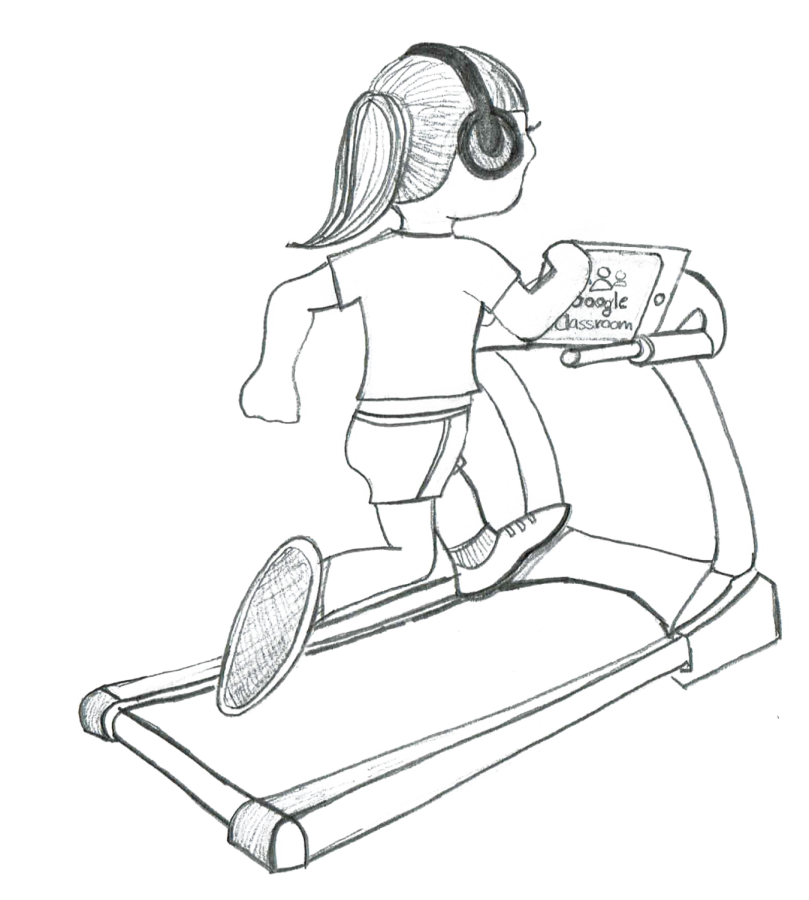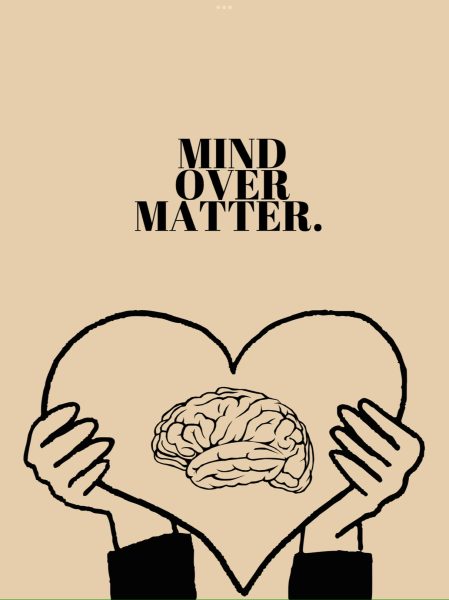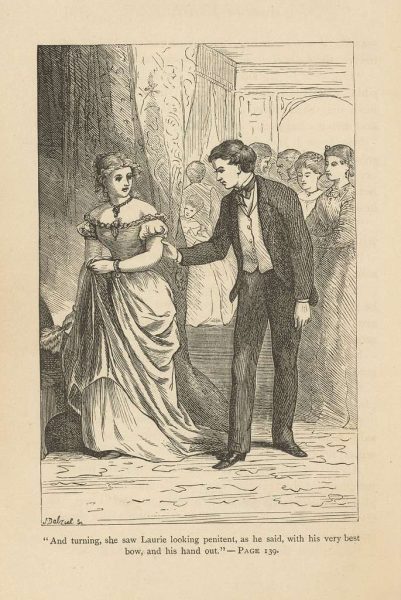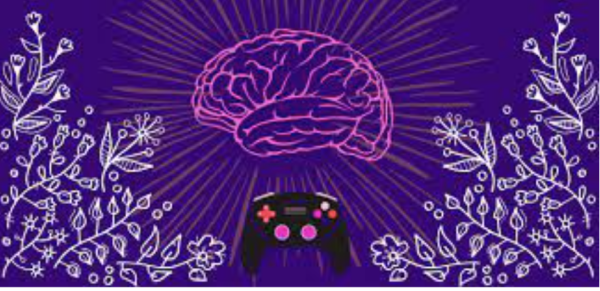Read this on a treadmill, and then drop and do some crunches
“What a disgrace it is for a man to grow old without ever seeing the beauty and strength of which his body is capable.” Socrates, 469-369 B.C.
Everyone should exercise. Everybody can. No matter the age, exercising for nearly any amount of time will greatly improve one’s life. It doesn’t matter what physical activity you choose: just move.
Today, thanks to our modern advancements in transportation and nutrition, physical labor is at an all-time low. The majority of citizens live a lazy life, sitting in rows, standing and texting, or sitting within a bubble or a cubicle for hours at a time.
Long gone are the days of walking miles for a meal or constructing massive structures with just your hands and feet. Now more than ever, it is necessary to get up and exercise. Rates of obesity and depression are skyrocketing. Enough studies have proven that exercise improves one’s health and physique as well as improve mood and mental state.
Exercising, whether weight training at the gym to gain strength and build muscle or jogging around your neighborhood or walking your lovely dog to improve endurance and lose weight, has obvious health effects. This has been proven throughout the centuries of human evolution.
Those who were the most active, ancient warriors, farmers, physical laborers, and hunters, reaped the physical benefits; stronger, muscular, and overall healthier than their sedentary counterparts.
Today, the same truth remains: those who exercise on a regular basis enjoy a healthier and richer life. Those who exercise regularly reduce their chances of getting many diseases such as diabetes, certain cancers, and cardiovascular illnesses.
For example, the Canadian Medical Association Journal states that “both aerobic and resistance types of exercise have been shown to be associated with a decreased risk of type 2 diabetes. In a large prospective study, each increase of 500 kcal (2100 kJ) in energy expenditure per week was associated with a decreased incidence of type 2 diabetes of 6%.”
Not only will exercise aid your body in defending against certain illnesses but it will also lengthen your life altogether. According to the Center for Disease Control and Prevention, “People who are physically active for about 150 minutes a week have a 33% lower risk of all-cause mortality than those who are physically inactive.”
And this is not a difficult task to manage.
The Center for Disease Control states that “you don’t have to do high amounts of activity or vigorous-intensity activity to reduce your risk of premature death. Benefits start to accumulate with any amount of moderate- or vigorous-intensity physical activity.”
Simple activities such as walking will greatly increase the chances of living a longer life as well as your quality of life as a whole. In addition to internal health benefits, exercise will also improve your physique, whether it be weight loss or muscle growth. There is no shortcut or way around it, every person idolized on the cover of fitness and wellness magazines, in Gatorade commercials, or modeling your favorite clothes engages in exercise. Exercise provides a direct route to good health and a healthy physique.
Exercise is attributed with many positive characteristics such as determination and perseverance, attributes correlated with a hard work ethic. Exercising releases numerous chemicals in your brain which improve mood and cognitive skills, that act as natural drugs to aid against mental issues, including depression and anxiety— the most common mental illnesses. Primary Care Companion to The Journal of Clinical Psychiatry claims that “aerobic exercises, including jogging, swimming, cycling, walking, gardening, and dancing, have been proved to reduce anxiety and depression.
Perhaps so much teen anxiety and depression can be attributed to a lack of movement.
These improvements in mood are proposed to be caused by exercise-induced increase in blood circulation to the brain and by an influence on the hypothalamic-pituitary-adrenal (HPA) axis and, thus, on the physiologic reactivity to stress.”
In addition to combating mental ailments, exercise also promotes positive attributes; according to the US National Library of Medicine National Institutes for Health: “Substantial evidence indicates that physical activity enhances learning and memory for people of all ages, including individuals that suffer from cognitive impairment.”
Exercising improve general mental health. How many of us could use help like that? It improves overall mood and cognitive functions.
There are no excuses to not exercise. Just thirty minutes a day can improve one’s quality of living. As I finish this essay, I’m walking on the treadmill with a smile on my face at 3.4 miles per hour to burn off the last two hundred sixty-eight calories that I refuse to let turn into undesirable fat.
So, stop reading this and start exercising. Drop right now and crunch some sit-ups and push-ups.











